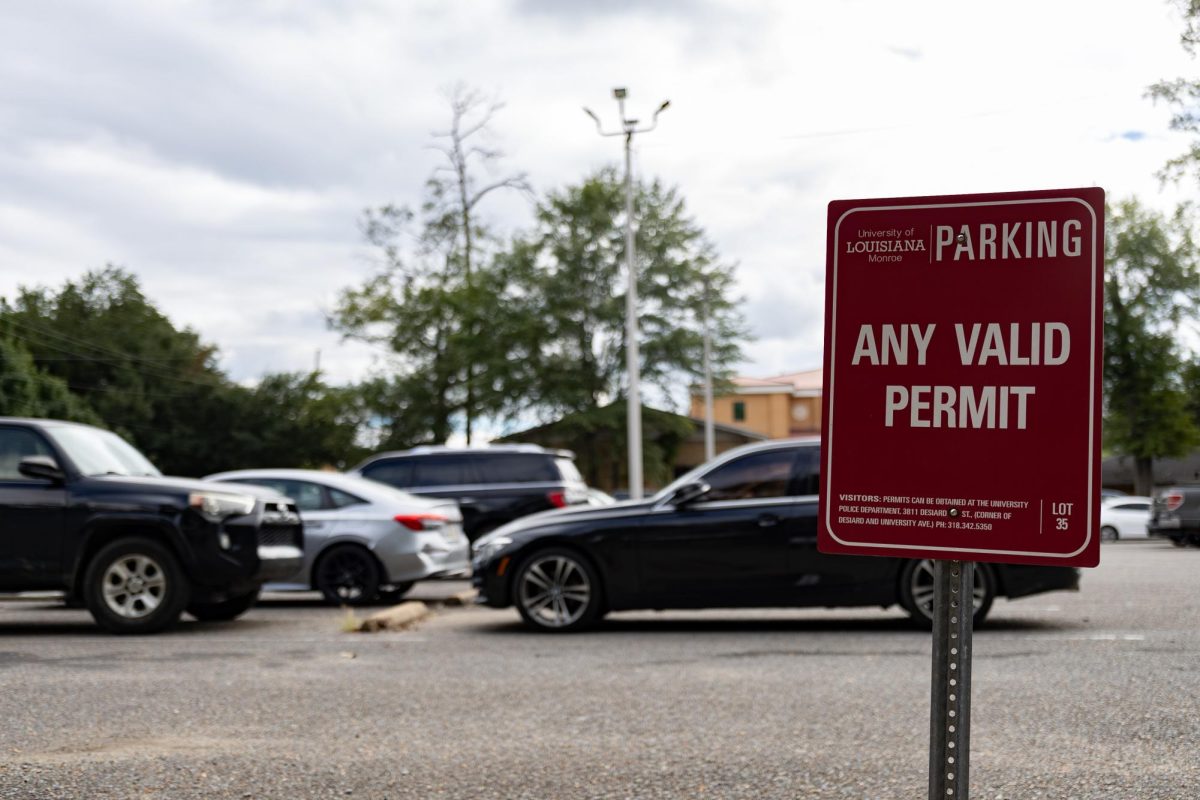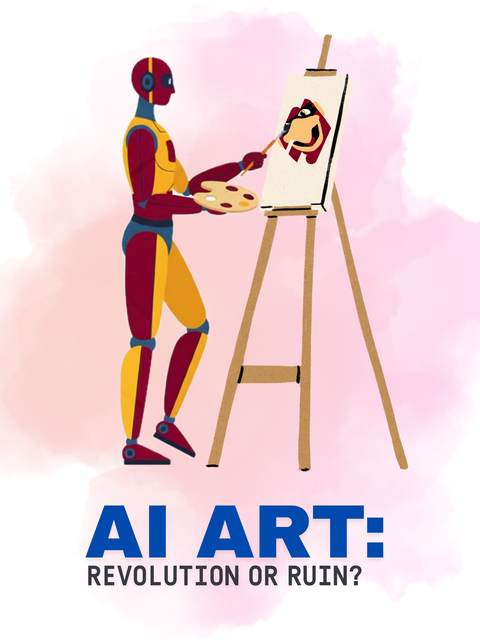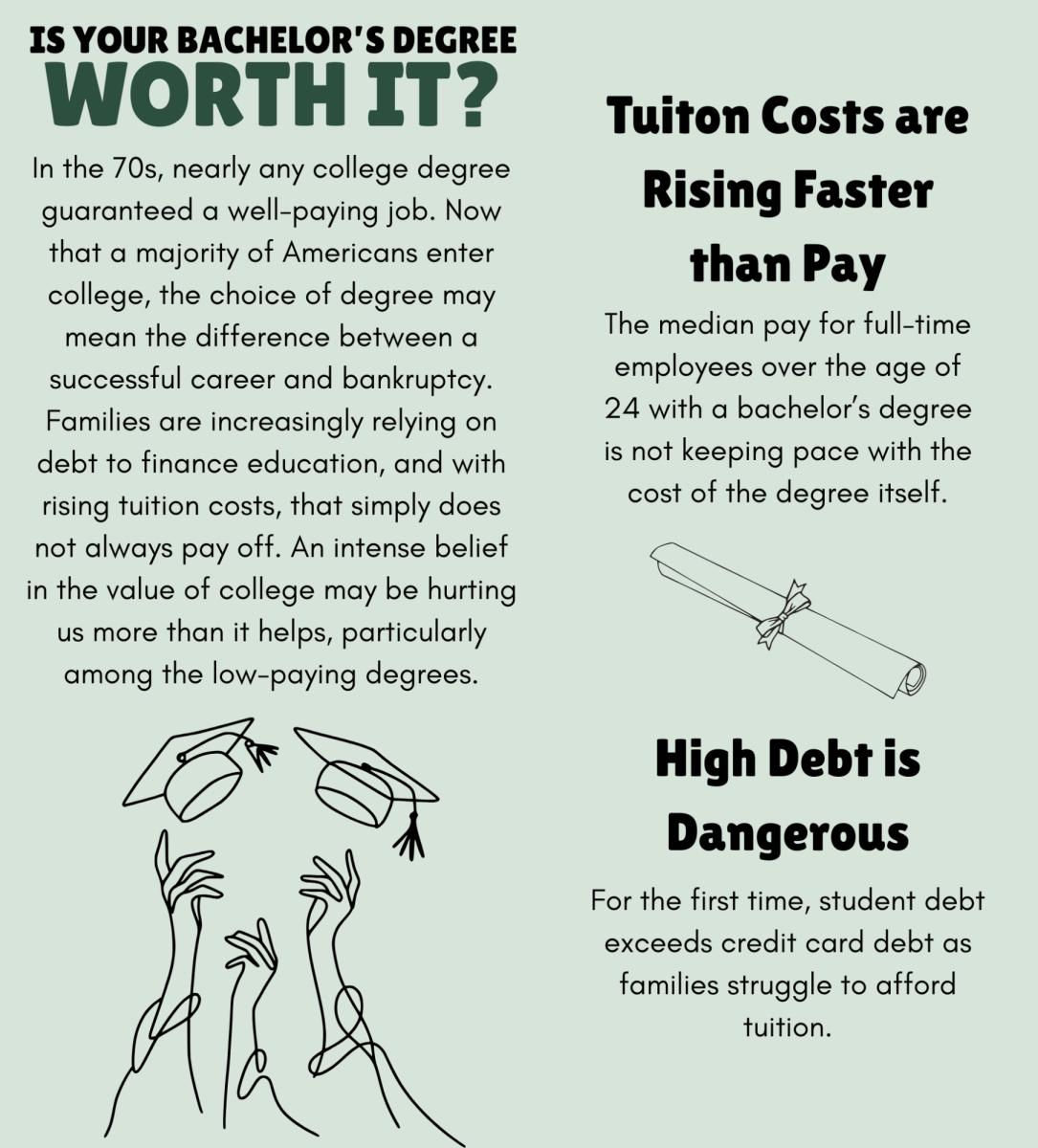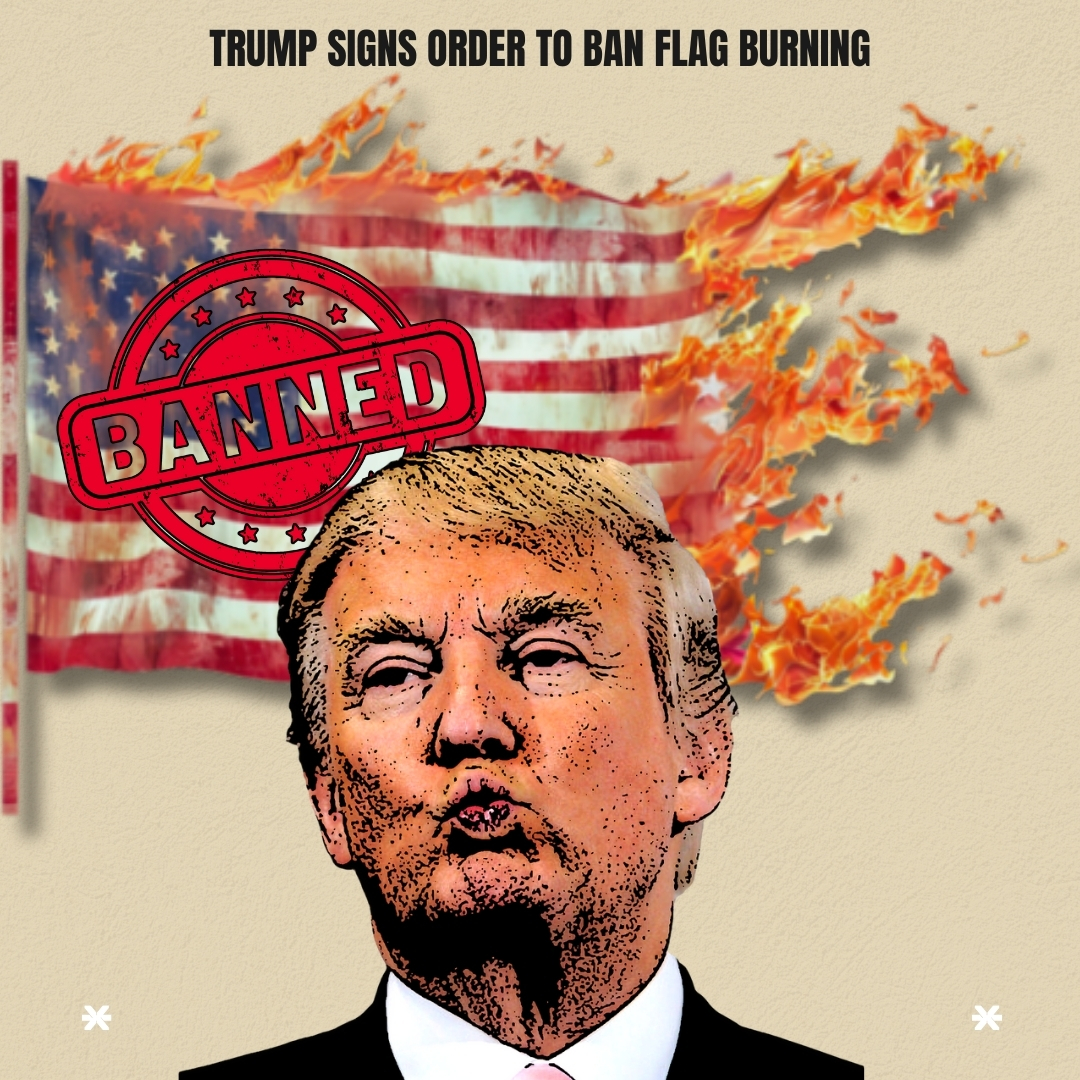In a society that prioritizes conformity over individuality, tattoos have become a way to defy the status quo. According to the Pew Research Center, 32% of adults in the US have tattoos. With tattoos becoming increasingly prevalent, businesses have questioned whether tattoos are professional.
For most people, tattoos are more than pretty pictures permanently etched into their skin. Tattoos often hold sentimental values or cultural meaning. According to the Pew Research Center, 69% of tattooed adults say they got a tattoo to honor or remember a loved one. 47% of tattooed Americans state that their body art represents a core belief. Since tattoos express someone’s identity, workplaces should eliminate antiquated policies banning them.
In some cultures, tattoos hold cultural and spiritual value. The Inuit have tattoos called kakiniit that mark significant events in the wearer’s life. Similarly, the Tā moko of the Māori people serve as a sort of record that tells that person’s life story. Workplaces should start accommodating these forms of expression, especially if they are not offensive to those in that workplace.
With how important tattoos are to people, businesses should not prohibit employees from wearing them with pride—save for offensive ones. Most tattoos should be allowed to remain in the workplace. With Millennials and Gen Z joining the workforce in high numbers, the prohibition of tattoos is becoming an issue. Policies banning tattoos not only negatively affect morale by restricting workers’ selfhood, but they can also discriminate against cultures like the Māori and Inuit people.
“Perhaps it’s time for employers to embrace the mantra ‘hire the skills, not the skin.’ After all, in a society where self-expression is key, maybe it’s about time we judge a book by its cover-up,” Jannik Lindner, a writer for Pew Research Center, said.





